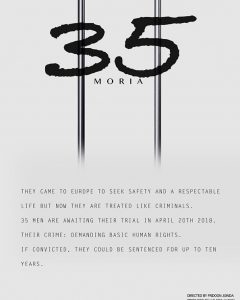Vorschlag zur Änderung der europäischen Immigrationsgesetze
Internazionale | 19.04.2018
Welcoming Europe. Per un’Europa che accoglie
A un anno esatto dal lancio della campagna “Ero straniero, l’umanità che fa bene” per una legge d’iniziativa popolare di riforma della legge sull’immigrazione in Italia, il 19 aprile a Roma le stesse associazioni hanno lanciato la campagna “Welcoming Europe, per un’Europa che accoglie”, un’iniziativa di cittadini europei per chiedere alla Commissione europea di scrivere una legge comune europea sull’immigrazione e sull’asilo in particolare su tre punti: la creazione di canali umanitari per i rifugiati attraverso lo strumento della sponsorship, la protezione delle vittime di sfruttamento lavorativo e di violenze e la depenalizzazione del favoreggiamento dell’immigrazione clandestina per le organizzazioni umanitarie che aiutano i migranti non a scopo di lucro.
L’obiettivo è raccogliere un milione di firme in un anno in almeno sette paesi europei. La proposta è stata registrata alla Commissione europea nel dicembre 2017 ed è stata approvata il 14 febbraio 2018. Tra i promotori dell’iniziativa ci sono: Radicali italiani, Arci, Asgi, Arci, Action Aid, A buon diritto, Cild, Oxfam, Fcei, Casa della carità, Cnca, Agenzia scalabriniana per la cooperazione e lo sviluppo, Legambiente, Baobab experience.


